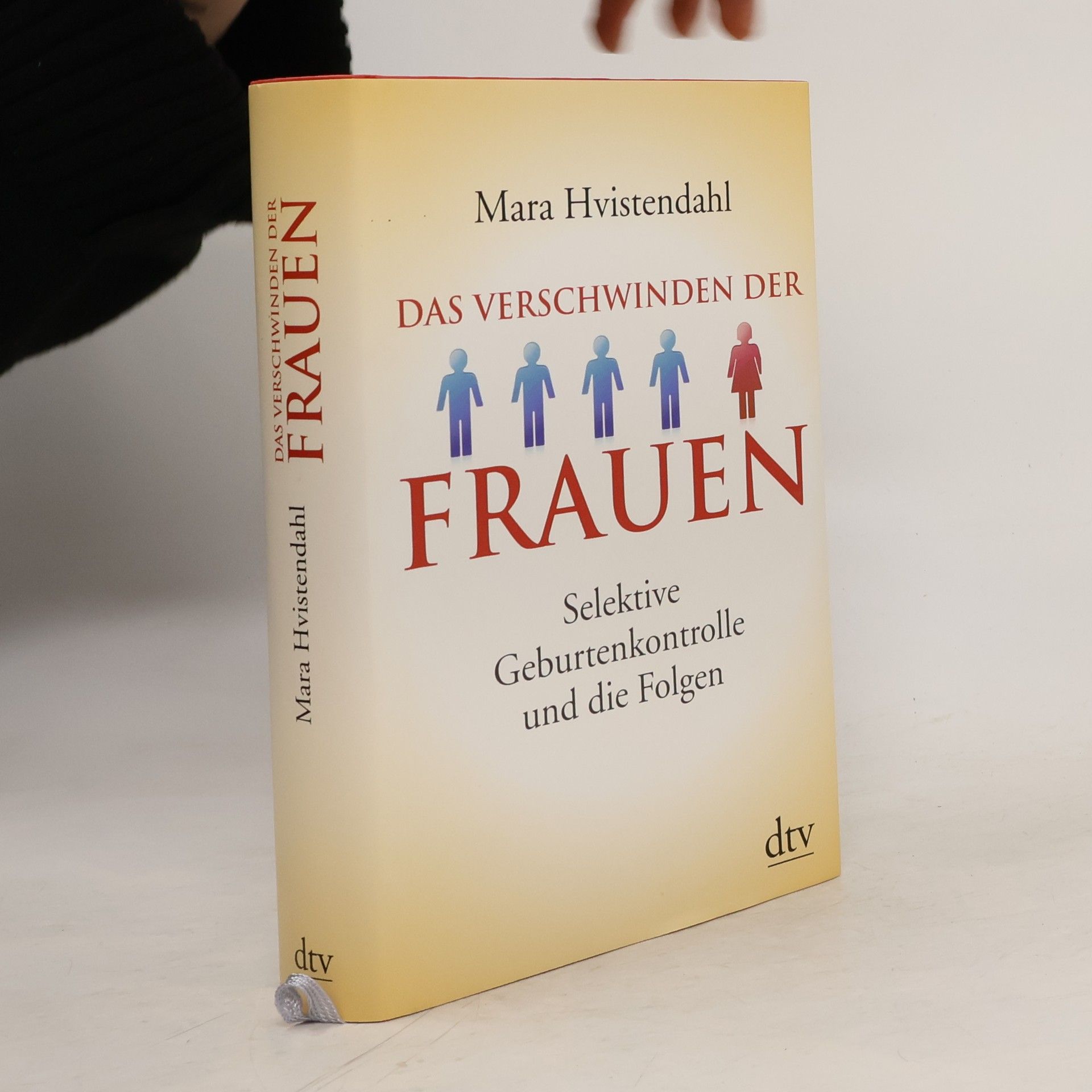This riveting true story details a case of industrial espionage involving a Chinese-born scientist convicted of attempting to steal U.S. trade secrets. In September 2011, Iowa sheriff's deputies discovered three Asian men in a cornfield leased by Monsanto for patented hybrids. What began as a routine inquiry escalated into a federal case, leading to Mo Hailong, also known as Robert Mo, pleading guilty to conspiracy to steal trade secrets from U.S. agro-giants DuPont Pioneer and Monsanto for the China-based DBN Group. This case highlights the U.S. government's efforts to combat the rising tide of industrial espionage, particularly from Chinese companies, which costs U.S. businesses billions annually. As former Attorney General Eric Holder noted, companies fall into two categories: those aware of their compromise and those unaware. Journalist Mara Hvistendahl explores this troubling phenomenon as China advances toward technological dominance, shedding light on U.S. initiatives to protect proprietary innovation and technology. With increasing concerns about the threats to Western competitiveness, the narrative underscores the significance of espionage in innovation and questions whether current counter-espionage strategies serve the public good. The result is a compelling nonfiction thriller and a call to rethink how we safeguard intellectual property.
Mara Hvistendahl Libri
Mara Hvistendahl è una scrittrice e giornalista pluripremiata specializzata nell'intersezione tra scienza, cultura e politica. In qualità di corrispondente per la rivista Science, ha scritto anche per numerose pubblicazioni prestigiose. La sua vasta esperienza di reportage, in particolare dalla Cina, dove ha trascorso molto tempo, offre una lente unica sugli sviluppi globali. Il lavoro di Hvistendahl approfondisce le intricate connessioni tra il progresso scientifico e le sue implicazioni sociali.


Eine neue Form der Männergesellschaft Auf der ganzen Welt gerät das ausgewogene Zahlenverhältnis zwischen den Geschlechtern aus der Balance. Es gibt zu viele Jungen und zu wenig Mädchen. Das gilt für China, wo die Differenz mit 163 Millionen fehlenden Frauen bereits der Gesamtanzahl der weiblichen Bevölkerung der USA entspricht, es gilt für Indien, aber inzwischen auch für weitere Länder in Osteuropa, Afrika und Lateinamerika. Anders als bisher angenommen verschwindet das Phänomen nicht mit steigendem Wohlstand und wachsender Bildung. Der Frauenmangel führt zu steigender Gewalt gegenüber Frauen, Zwangsverheiratungen und grenzüberschreitendem Frauenhandel. »Hast du keinen Jungen, verlierst du dein Gesicht ... die dramatischen Folgen selektiver Geburtenkontrolle.« Süddeutsche Zeitung